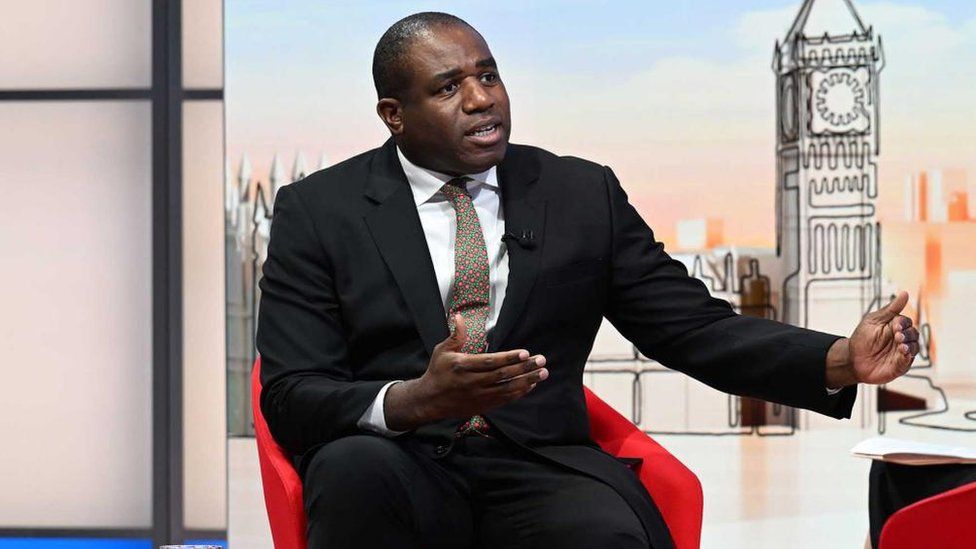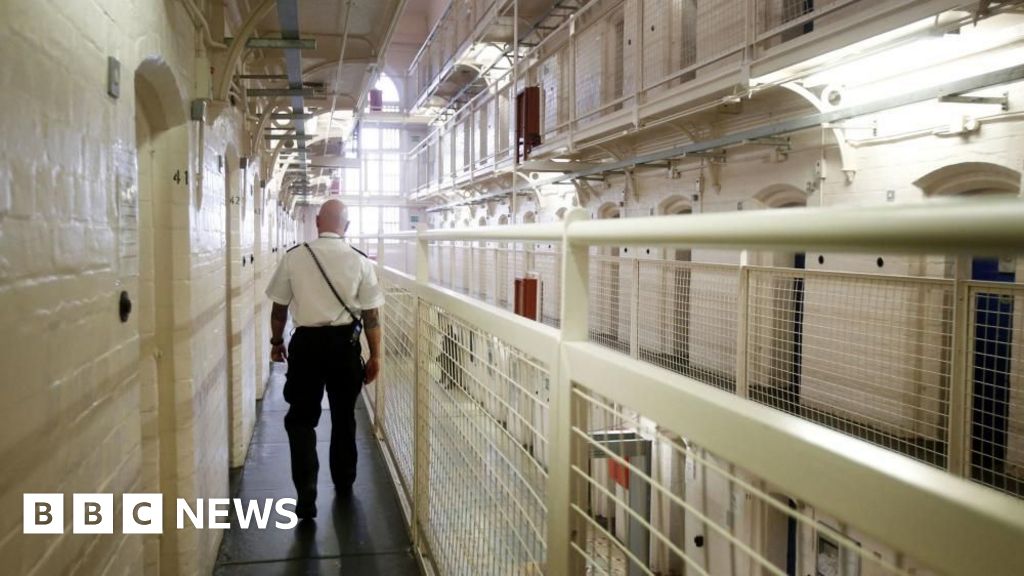ARTICLE AD BOX

By Jacqueline Howard
BBC News
The Labour Party will go ahead with its £28bn green investment plan if it wins the next general election, the shadow foreign secretary has insisted.
Dismissing suggestions that Labour was trying to row back from the pledge, David Lammy told the BBC the party was "committed to the plan by the second half of the next term".
The policy will be subject to the party's fiscal rules, he added.
The Conservatives say the plan would "push up inflation".
Mr Lammy told BBC Breakfast that investing in green projects "is the only route for growth for the UK," adding it would be "borrowing to invest in the jobs of the future".
Speaking to Radio 4's Today programme, Mr Lammy said it was a commitment voters could trust Labour to uphold.
When pressed, he added it would be "not whatever the economic climate" and that "it's got to be within our fiscal rules", adding he didn't "quite know" what economic state Labour would be "inheriting".
Labour first announced plans in 2021 that it would spend £28bn a year until 2030 on green projects like offshore wind farms and developing batteries for electric vehicles if it won a general election in 2024.
The flagship Green Prosperity Plan, which would be funded mainly by borrowing, created a clear dividing line with the government.
But last June shadow chancellor Rachel Reeves watered down the target, saying the party would invest over time if they won a general election in 2024 - reaching £28bn a year after 2027.
A senior source in the Labour leader's office told the BBC that was because of the state of the public finances, stressing that Labour's fiscal rules were more important than any policy.
The party's fiscal rules - which include a promise to get debt falling within five years - are viewed as more important than any policy, according to a senior Labour source who spoke to the BBC.
The Conservatives have sought to use the policy to attack Labour's economic credibility, claiming it is unaffordable and would mean taxes would have to increase.
There have also been internal divisions within Labour over the policy, with some raising concerns privately about whether it is affordable in the current economic context.

 1 year ago
32
1 year ago
32








 English (US) ·
English (US) ·